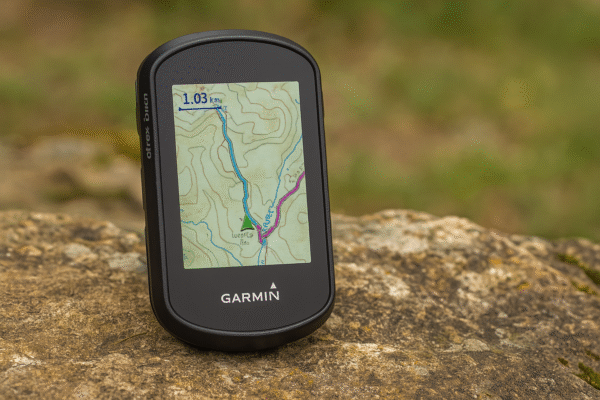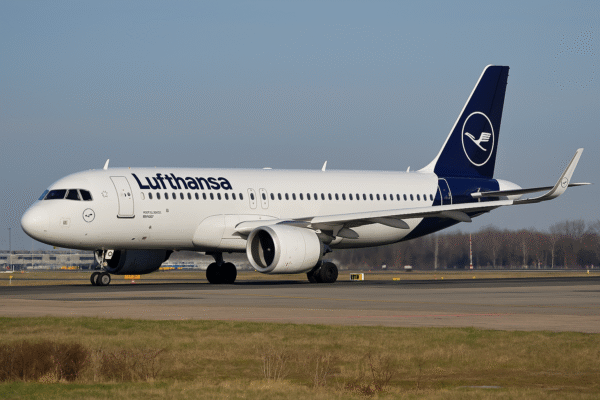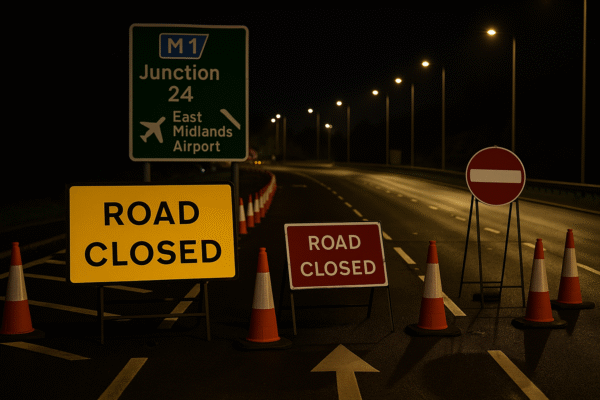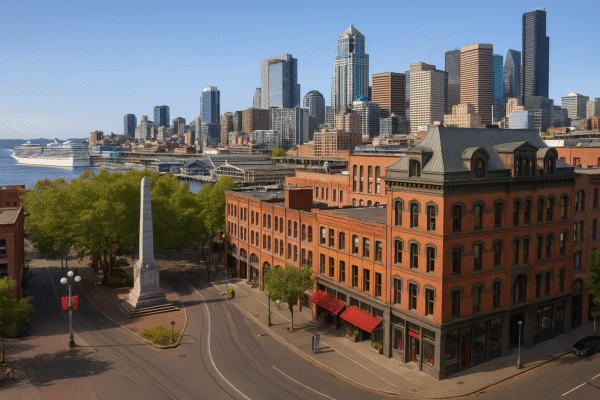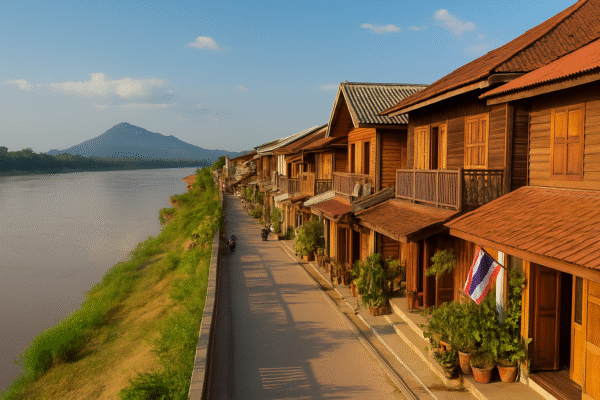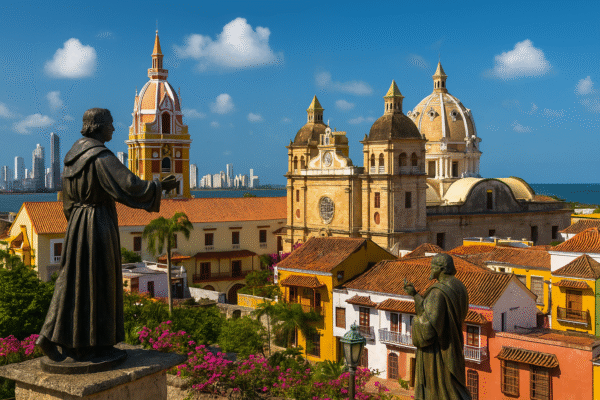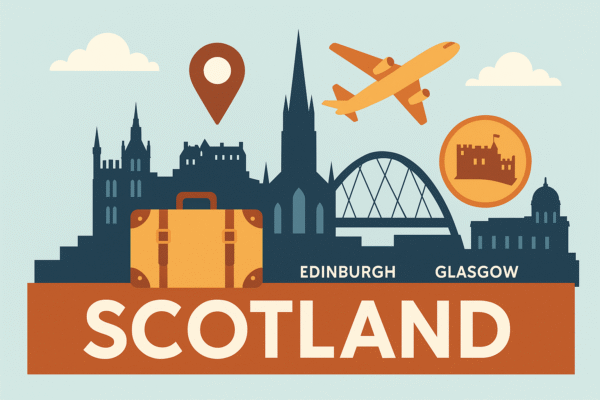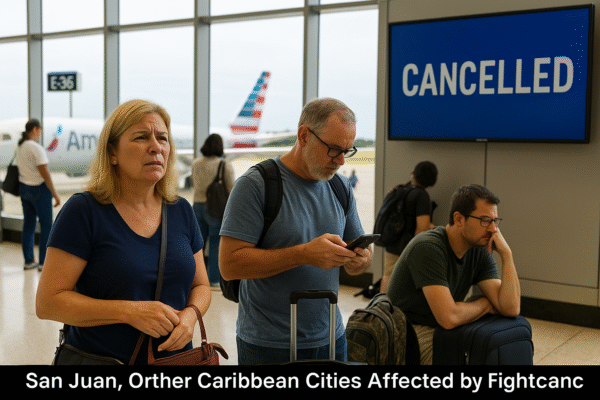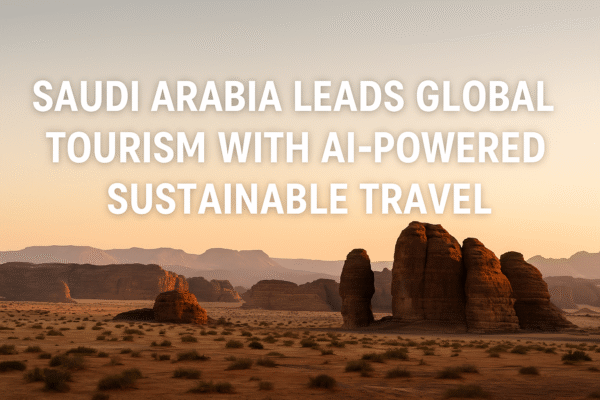Saudi Arabia is rapidly redefining the global tourism landscape by combining artificial intelligence (AI) with sustainable practices. Under the Vision 2030 initiative, the kingdom is investing heavily in hyperscale data centers, AI-powered platforms, and renewable energy to create a model of eco-conscious travel. These efforts go far beyond traditional tourism development, signaling a future where technology and sustainability go hand in hand.
By harnessing AI, Saudi Arabia is not only personalizing the visitor journey but also ensuring that tourism growth does not compromise cultural heritage or the environment. The strategy reflects a national goal of diversifying the economy beyond oil, making tourism a central driver of long-term prosperity.
Hyperscale Data Centers: The Backbone of Smart Tourism
One of the most striking elements of Saudi Arabia’s tourism plan is the development of hyperscale data centers. Strategically built across stable desert regions, these massive facilities provide the digital infrastructure to power AI-driven tourism systems. Unlike centers located in earthquake-prone regions, Saudi Arabia’s facilities benefit from geologic stability and vast land availability.
These data centers process enormous amounts of information to manage tourist flows. For example, AI models can predict peak visitor numbers at popular destinations such as AlUla’s UNESCO heritage sites and recommend alternative times or routes. By spreading tourism more evenly, the system reduces overcrowding and protects delicate cultural and natural landmarks.
Many of these centers also run on solar power, showcasing how Saudi Arabia is aligning green energy with digital innovation. This eco-friendly foundation ensures the kingdom’s digital tourism systems operate responsibly.
Personalized Travel Through Artificial Intelligence
At the heart of this transformation is AI’s ability to customize travel experiences. Algorithms analyze vast datasets, from visitor preferences to environmental conditions, to generate personalized itineraries. A tourist interested in history, for example, may receive suggestions to explore Riyadh’s cultural districts combined with eco-friendly transport options.
Virtual reality (VR) previews are also part of this personalization. Before booking, travelers can experience destinations through immersive digital tours, allowing them to choose low-carbon options such as electric vehicle rentals, eco-certified hotels, and guided walking tours. This ensures that decisions made before traveling already contribute to sustainable outcomes.
The upcoming Humain project, a government-backed AI initiative launching by 2026, will strengthen this personalization further. By integrating sovereign data centers and advanced chip technology, Humain is expected to streamline eco-friendly travel planning while aligning with the kingdom’s net-zero ambitions.
Sustainability at the Core
Saudi Arabia’s commitment to sustainability extends beyond visitor experiences. Data centers powered by solar energy reduce reliance on fossil fuels, while AI-driven tools help optimize airline scheduling, minimize ground traffic, and cut fuel consumption.
Real-time weather forecasting is also integrated into the AI system, guiding tourists toward low-impact activities such as hiking trails or eco-resorts during favorable conditions. This ensures minimal disruption to local ecosystems while maintaining high-quality visitor experiences.
By actively managing energy use and tourism flows, the kingdom is positioning itself as a global model for data-driven sustainability.
Addressing Challenges
While the integration of hyperscale data centers and AI offers unprecedented potential, challenges remain. Energy demand from large-scale data centers is significant, and global supply chain risks for semiconductors could slow progress. Saudi Arabia is tackling these hurdles by doubling down on renewable energy investments and securing partnerships to ensure a steady supply of critical technology components.
Despite these obstacles, the momentum remains strong. The kingdom’s focus on balancing energy efficiency with digital innovation reinforces its determination to build a tourism system that is both modern and sustainable.
Economic Impact and Tourism Growth
AI-powered tourism is expected to significantly boost Saudi Arabia’s economy. As personalized services, smart mobility, and immersive cultural experiences attract more international visitors, tourism’s contribution to GDP is set to expand dramatically.
By 2030, millions of travelers are projected to explore the kingdom’s diverse destinations, from the futuristic city of NEOM to the Red Sea’s pristine islands. Smart tourism platforms will guide these visitors while ensuring that growth aligns with sustainability goals.
The introduction of AI-optimized cruises in the Red Sea further illustrates this shift. These cruises will minimize emissions while offering travelers innovative onboard experiences tied to Saudi culture and nature. Together, these steps position the kingdom as a leader in green tourism innovation.
Preserving Culture Through Technology
AI and immersive tools are also playing a vital role in cultural preservation. Virtual heritage tours allow global audiences to explore Saudi Arabia’s historical treasures without contributing to physical wear and tear. From ancient rock art in Hail to Diriyah’s cultural heart, digital tools ensure these sites remain accessible while reducing strain from mass tourism.
Such innovations align with Vision 2030’s broader goals: to celebrate Saudi heritage while promoting responsible and inclusive growth.
Saudi Arabia as a Global Tourism Pioneer
As global travel trends shift toward sustainability, Saudi Arabia is emerging as a pioneer. Its integration of AI-driven personalization, hyperscale data centers, and renewable energy solutions sets new benchmarks for eco-conscious tourism.
Through Vision 2030, the kingdom is creating a tourism model that could reshape global standards—one that is high-tech, sustainable, and culturally rich. The ambition to achieve net-zero tourism emissions by 2030 underscores Saudi Arabia’s dedication to long-term environmental stewardship.
Other countries are closely watching this transformation, and Saudi Arabia’s success may inspire widespread adoption of AI and green technology in tourism industries worldwide.
Conclusion
Saudi Arabia’s tourism sector is undergoing a historic transformation, guided by technology and sustainability. By embedding AI into every stage of the visitor journey—from planning and booking to on-the-ground experiences—the kingdom is proving that innovation and eco-consciousness can coexist.
As the Vision 2030 roadmap unfolds, Saudi Arabia is not only diversifying its economy but also positioning itself as a global leader in sustainable tourism. For travelers, this means a future where every journey through the kingdom is both unforgettable and environmentally responsible.
For more travel news like this, keep reading Global Travel Wire


